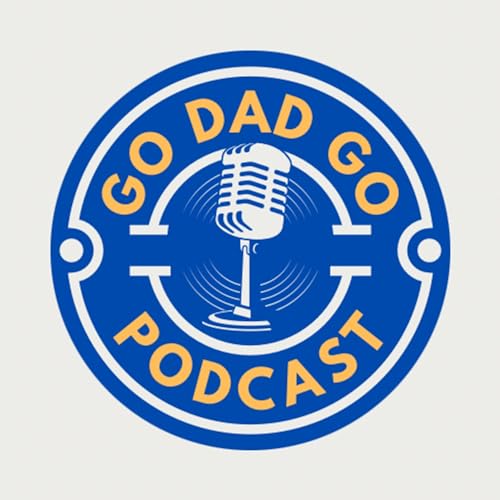
Benjamin Kintisch and the Importance of Music Education
Failed to add items
Sorry, we are unable to add the item because your shopping cart is already at capacity.
Add to basket failed.
Please try again later
Add to Wish List failed.
Please try again later
Remove from Wish List failed.
Please try again later
Follow podcast failed
Unfollow podcast failed
-
Narrated by:
-
By:
About this listen
In this episode of the Go Dad Go podcast, host Garrett Fredrick chats with Benjamin Knitch about fatherhood and the importance of music education. They discuss the challenges of waking up early as parents, the changes in sleep patterns during adolescence, and the pride of seeing their children's musical talents. Benjamin emphasizes the importance of not pushing children into fame and the need to balance a child's aspirations with the parent's dreams. They also explore ways to inspire a love for music in children and the state of music education in schools. Benjamin shares his musical project, 'Life Review,' and encourages parents to bond with their children through music.
Takeaways
- Waking up early as parents can be challenging, but it provides a quiet time before the children wake up.
- Adolescence brings changes in sleep patterns, and it's important to understand and support these changes.
- Parents should avoid pushing their children into fame and instead focus on their child's genuine interests and emotional well-being.
- Inspiring a love for music in children can be done through bonding activities like playing instruments together and encouraging practice.
- Music education in schools is important, but its funding and prioritization can vary. Parents can support music education by advocating for its inclusion in the curriculum.
No reviews yet
In the spirit of reconciliation, Audible acknowledges the Traditional Custodians of country throughout Australia and their connections to land, sea and community. We pay our respect to their elders past and present and extend that respect to all Aboriginal and Torres Strait Islander peoples today.


